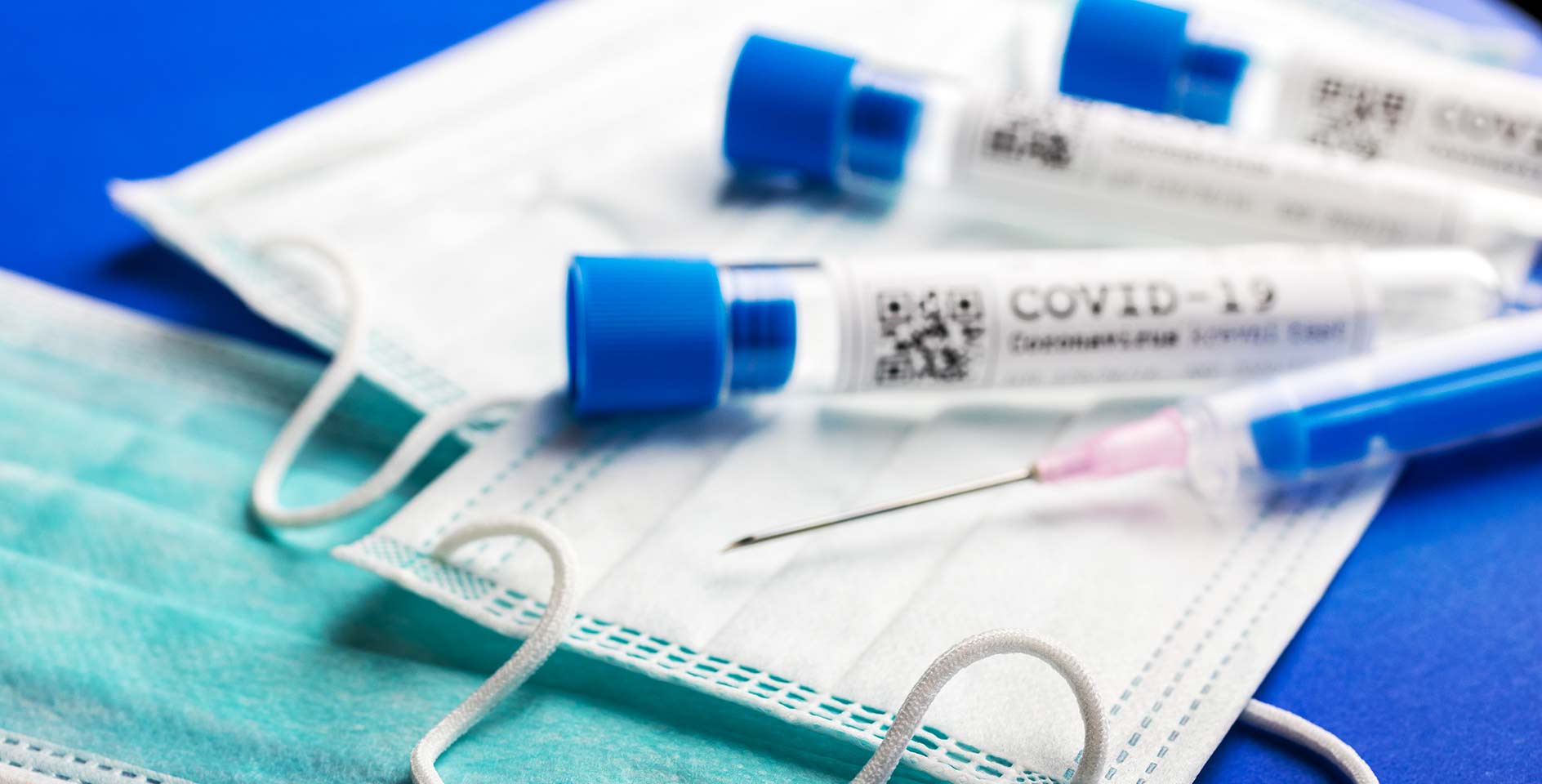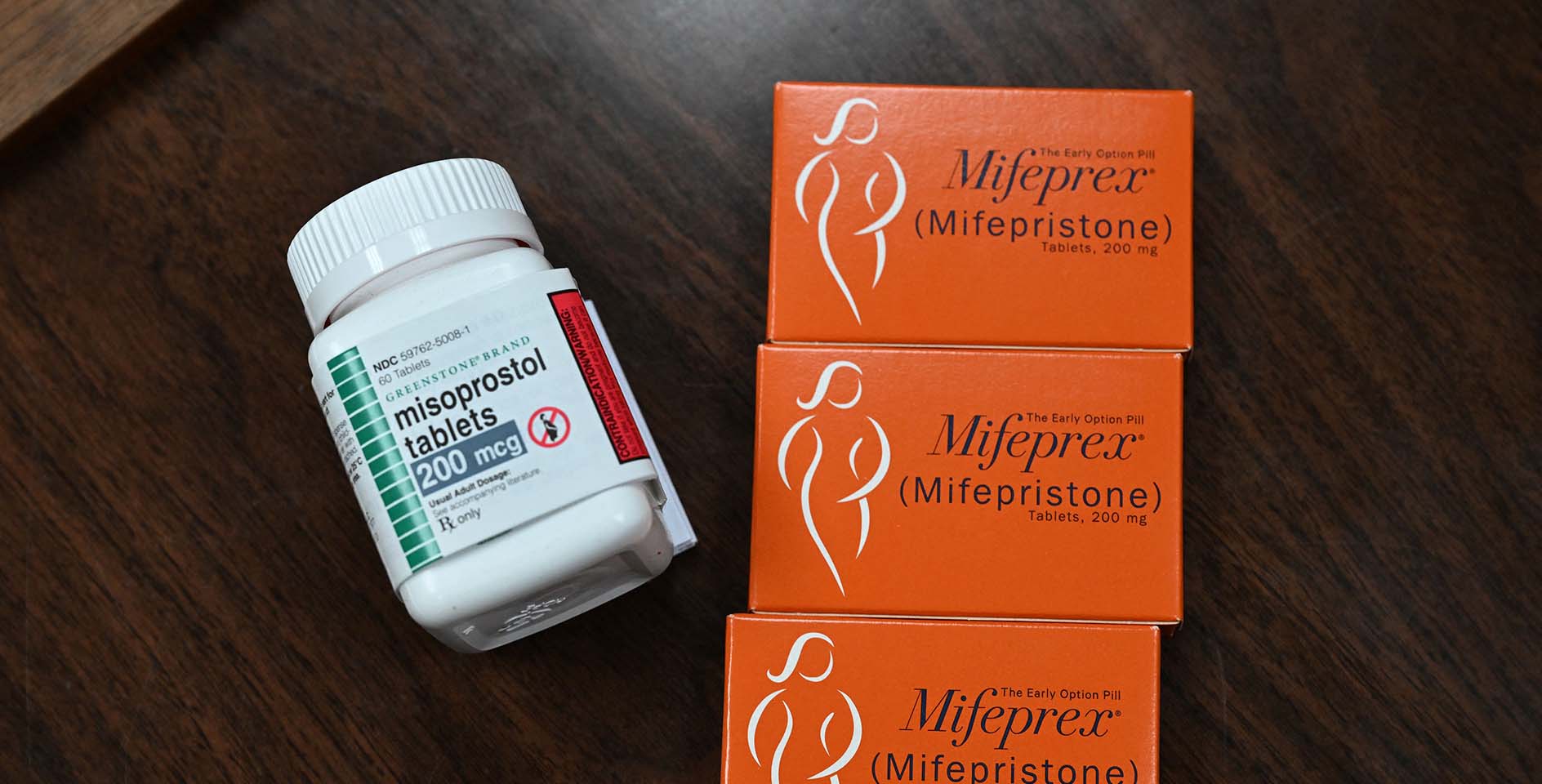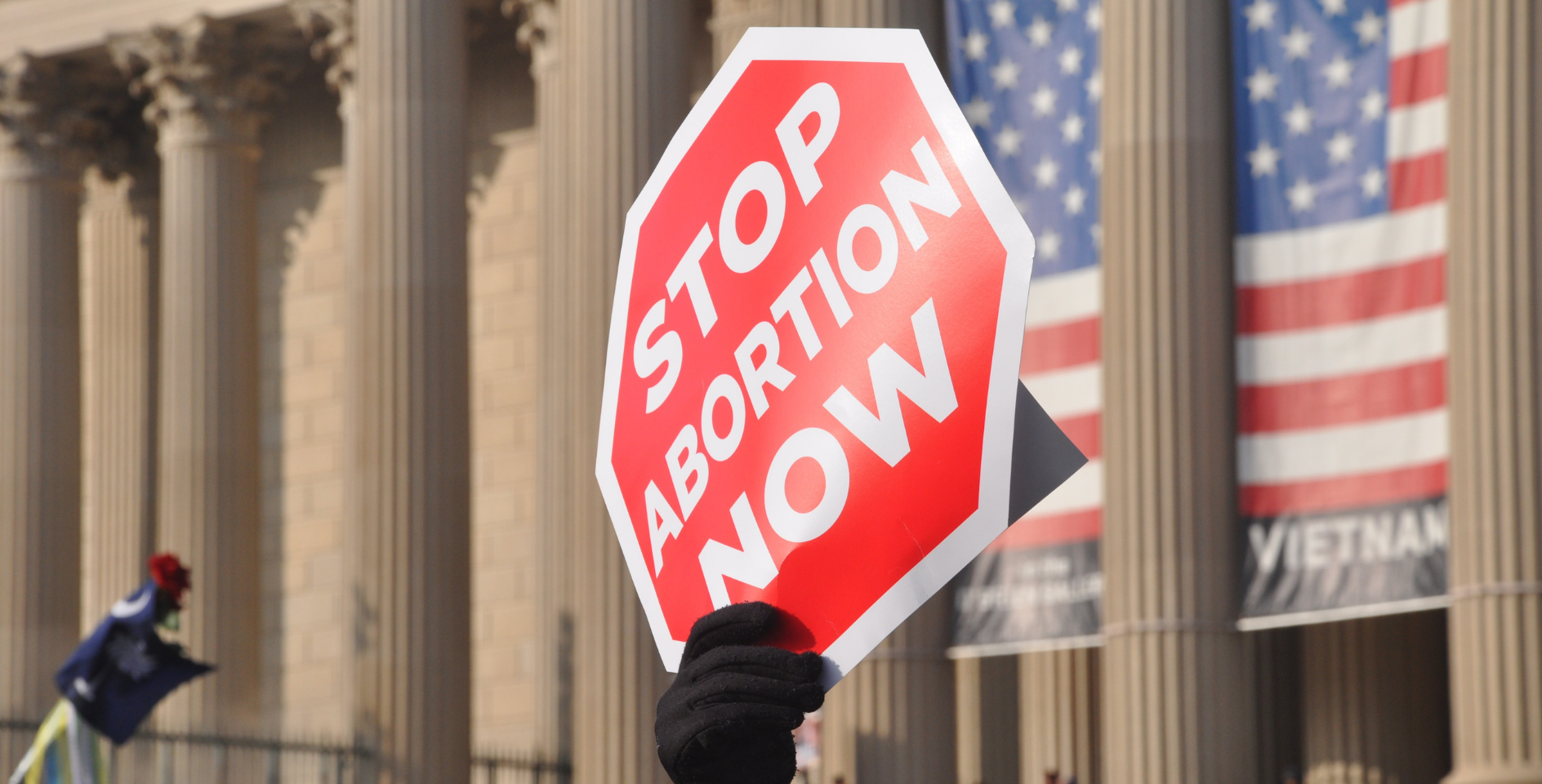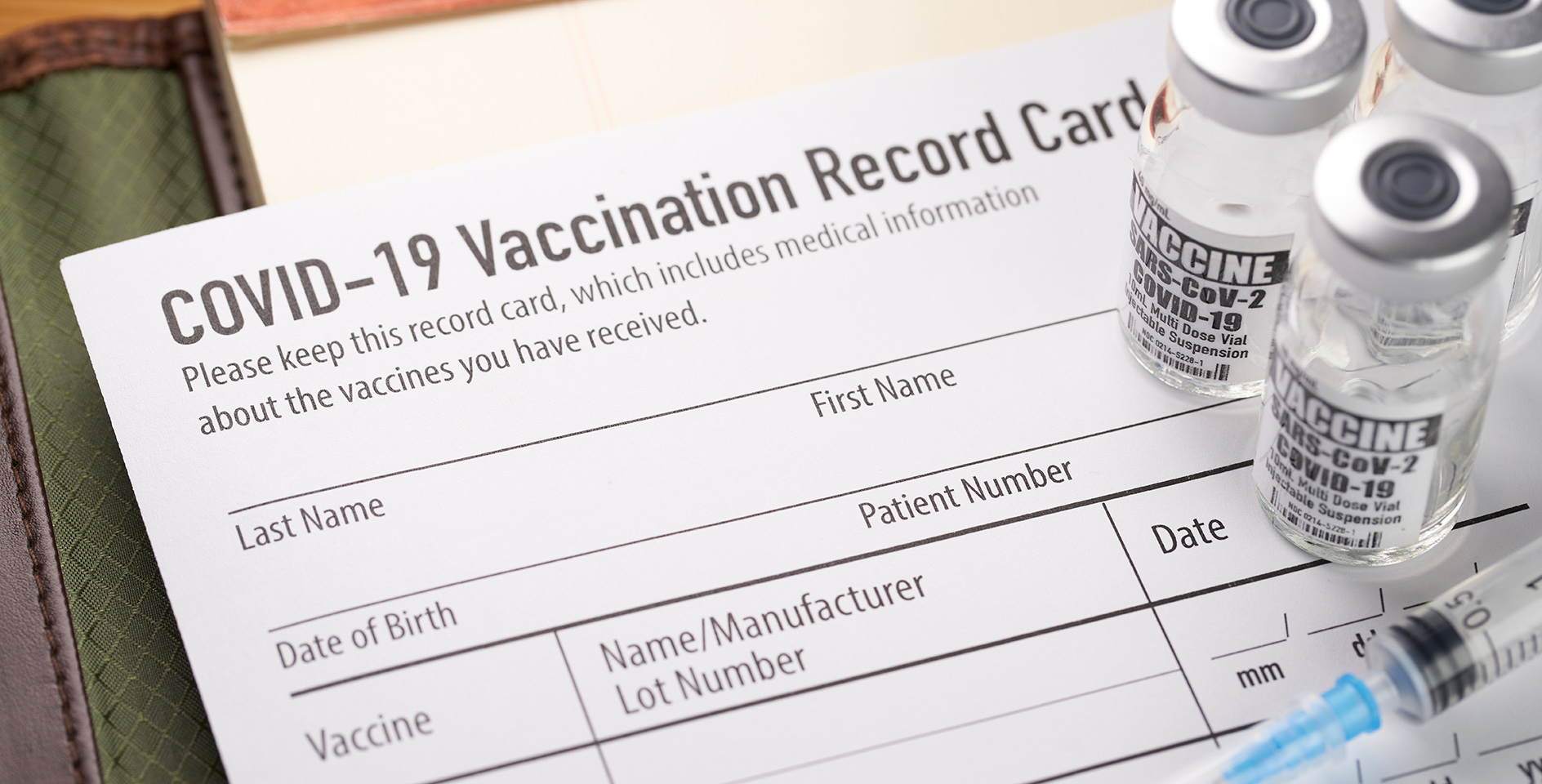Several COVID-19 treatments and vaccines have come under scrutiny because their development included testing possibly using abortive fetal cells. Here is what you should know about the fetal tissue cells and the ethical concern about using them to develop therapeutics and vaccines.
What are fetal tissue cells, and how are they used?
A human fetus (Latin for “offspring”) is the stage of human development from the embryo stage (the end of the eighth week after conception, when the major structures have formed) until birth. When the fetus dies, either naturally or by an elective abortion, the tissue (including intact organs) can be legally donated for research purposes.
As Christians committed to the cause of human dignity, we affirm that a human life begins at the moment of conception. Further, we recognize that every human life, even in the earliest or most advanced stages, bears all the rights and dignity of a person. Therefore, the use of fetal tissue in medical research and treatments is a matter of deep concern for believers.
Fetal tissue can be used in biomedical research for transplantation material and other purposes, but is more often connected to the creation of “immortalized” cell lines. Immortalized cell lines are established by culturing fetal cells in such a way that they continue growing and multiplying in laboratory dishes indefinitely. These cells can then be used for such activities as testing a drug’s ability to damage genetic material or to test the effects of specific viral infection.
While immortalized cell lines began with fetal cells, they no longer contain fetal body parts, and no fetal tissue remains. No cells remain from the original fetal tissue.
Fetal tissue—obtained both ethically and unethically—has been used to develop life-saving vaccines and therapeutic treatments for diseases such as cancer. For example, the 1954 Nobel Prize for Medicine, for instance, was awarded for a polio vaccine that was developed from fetal kidney cells. Fetal cells were also used in the production of a widely used vaccine for measles. In both cases, the tissue was obtained from spontaneous abortions and ectopic pregnancies. Cells from aborted fetuses, however, have been used in a number of more recent vaccines for chickenpox, hepatitis, measles, mumps, poliomyelitis, rabies, rubella, and smallpox. Fetal tissue from aborted fetuses has also been used in cosmetics and anti-aging creams.
As Nicholas Evans, a bioethicist at the University of Massachusetts Lowell, says, “Chances are if you have had a medical intervention in this country or pretty much any other country, you have benefited from the use of these cell lines in some way.”
Were fetal cells used in the experimental treatment for COVID?
Regeneron Pharmaceuticals manufactured an experimental antibody cocktail known as REGN-COV2. Regeneron has clarified that the company tested the effectiveness of REGN-COV2 by creating a “pseudovirus” mimicking the actual one. One element of the pretend virus is a cell line known as HEK293T.
HEK293T is a widely used immortalized cell line that was made from fetal tissue acquired in the Netherlands in the 1970s. The records pertaining to the origins of HEK293T were lost, so it is not know whether the tissue came from a spontaneous miscarriage or an elective abortion.
In either case, it’s important to distinguish between “fetal tissue cells” and “cells derived from a long chain that arose from cells in fetal tissue.” The HEK293T cells are no longer fetal tissue cells.
Were cells derived from fetal cells used in the creation of COVID-19 vaccines?
In addition to the use on REGN-COV2, at least five of the candidate COVID-19 vaccines being developed in America use cells from HEK293T cells or PER.C6, a cell line developed from retinal cells from an 18-week-old fetus aborted in 1985.
The vaccines by Pfizera and Moderna recently approved by the FDA used HEK293T cells in the testing process, but not in the production of the vaccines themselves.
Is it immoral to use treatments and vaccines developed using aborted fetal cells?
Christians should always prefer medical treatments that have no connection to elective abortions. But in light of the COVID-19 pandemic and the approval of at least one vaccine for use in the United States, it is important to understand whether taking a vaccine that utilized (or potentially utilized) aborted fetal cells is morally permissible.
A common way of addressing this question is to determine what type of cooperation is undertaken in the evil act of abortion. To cooperate in evil, the cooperator contributes in some way to the wrongful action of the principal agent, either by formal cooperation or material cooperation.
Formal cooperation happens when a person cooperates with the immoral action of another person, sharing in the latter’s evil intention, while material cooperation occurs when the person cooperates with the immoral action of another person, without sharing the evil intention. While formal cooperation is always evil, making a determination on material cooperation depends on other additional factors.
For example, if the abortion was conducted in order to harvest tissues that were to be used for the purpose of creating a cell line, then it would clearly be immoral. But in the case of HEK293T, even if an abortion occured it was not carried out for that reason, and the tissue was acquired for the purpose of medical research only after the death of the child occurred for other reasons. This has significant consequences for determining whether such research is either licit or immoral.
To determine the morality of using the cells, it is helpful to compare it to another situation: the use of organs from a person who has been murdered. If a doctor were to offer to transplant a kidney or heart from the murder victim into a Christian, we would likely not have any objection. The primary concern would be whether the victim consented to organ donation prior to their death.
Most Christian ethicists agree that fetal tissue donation is not inherently unethical if the tissue was obtained from a spontaneous abortion (miscarriage) or an ectopic pregnancy (a pregnancy in which the fetus implants in the fallopian tube instead of the uterus) and was willingly donated by the parent. Such donations would be similar to a parent agreeing to donate the organs of an infant or a child that had died by natural causes.
The donation of fetal tissue may be morally tainted, though, when the tissue is derived from a fetus that has been killed in the womb. Allowing and condoning such donations of tissue derived from abortion to continue would make us indirectly morally complicit in the act of abortion, conveying a sense of approval for an ongoing regime that sanctions the killing of the unborn.
That raises the question of whether the use of cells from HEK293T would promote abortion in just such a way. While pro-life Christians may disagree on how to answer that question, it is unlikely that the use of the HEK293T cell line will lead to additional children being murdered in the womb in order to expand the number of fetal tissue cell lines. The reason is that it is completely unnecessary, and medically inexpedient, to create new cell lines from aborted children. As Rev. Nicanor Pier Giorgio Austriaco, a Catholic biomedical researcher, explains:
. . . HEK293 is an established cell line. What this means is that these cells have been used and studied by biologists for nearly half a century. They are well characterized, and they have been validated for their safety. I point this out because it helps explain why it is unheard of for a vaccine manufacturer to seek out new human fetal cells from a recent abortion. Such novel fetal cells would be uncharacterized, unvalidated, and unapproved by regulatory agencies like the U.S. Food and Drug Administration (FDA) for human vaccine production. Why waste time, effort, and money to obtain, characterize, and validate new human fetal cells when the classic fetal cell lines obtained decades ago like HEK293 are readily and cheaply available?
Currently, the use of the HEK293T cells in biomedical research is not increasing the number of abortions that are being carried out every year. If we were to see evidence of that happening, however, it would change the moral calculation.
The remaining question is whether accepting the use of HEK293T cells would potentially be cooperating with the killing of the child in the 1970s. For a number of reasons, many if not most Christian bioethicists would argue that it is not (assuming an abortion even occured). The primary reason being that this situation is morally analogical to the case of the murder victim/organ donor. No one would say the Christian who received the organ was morally responsible in any way for the murder.
For this reason, Christians are not morally culpable if they use treatments and vaccines that were developed using such cells, even if the cells originated in aborted fetal tissue. As David Prentice, vice president and research director of the pro-life Charlotte Lozier Institute, says, “We would prefer they not use the controversial cell line even in the testing, because there are other alternatives. But that testing on the side doesn’t affect me in terms of the recipient of the drug.” Ethicist Christopher O. Tollefsen also adds, “Because researchers may ethically use the HEK cell lines to develop vaccines, people can of course ethically use a vaccine should it be developed from the HEK cell lines.”
For more on the ethics of the COVID-19 vaccines:








